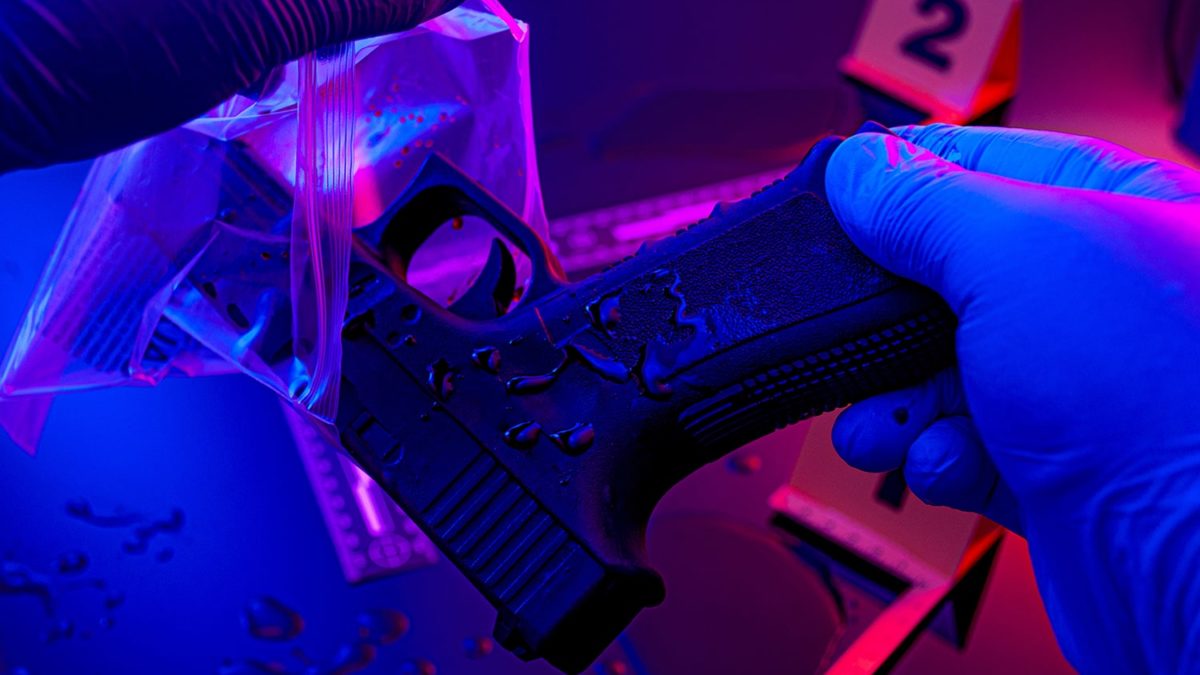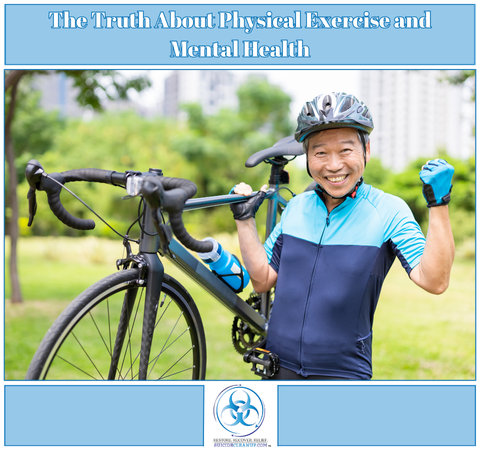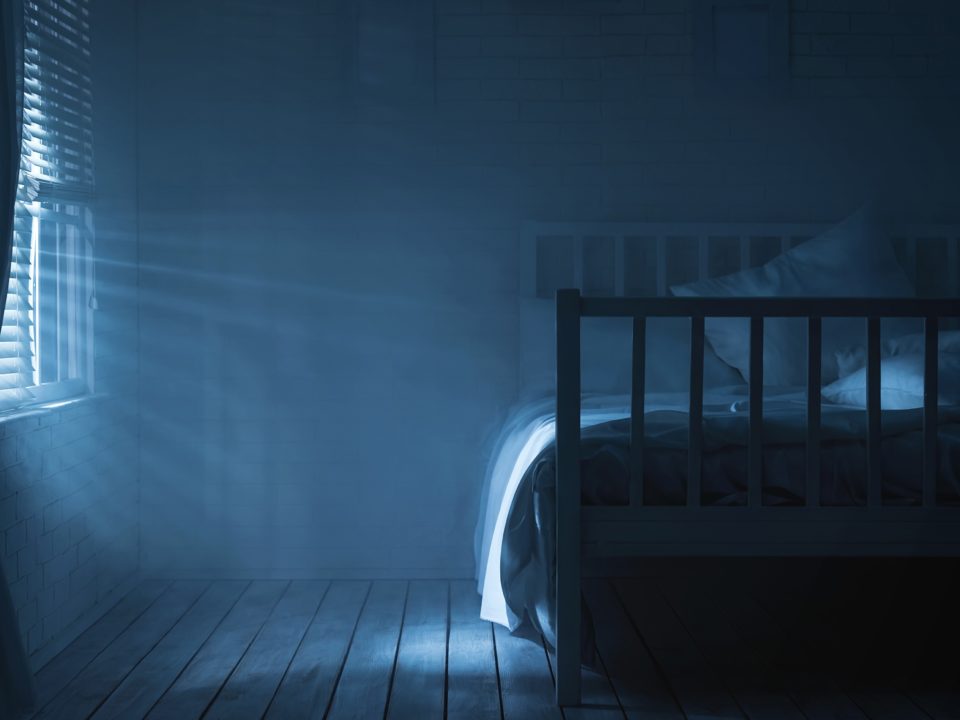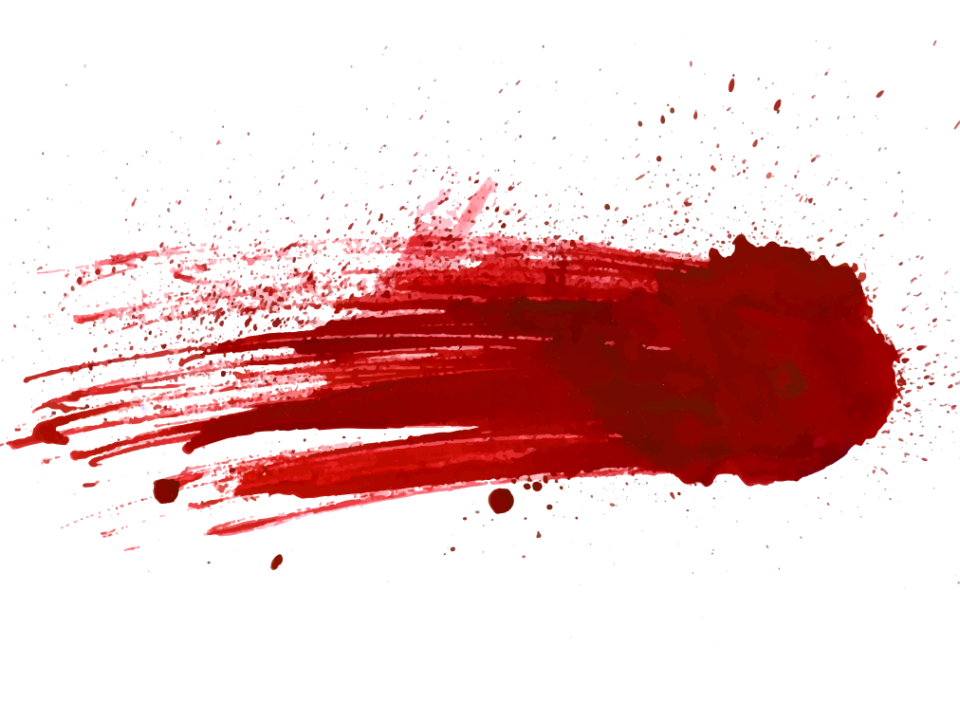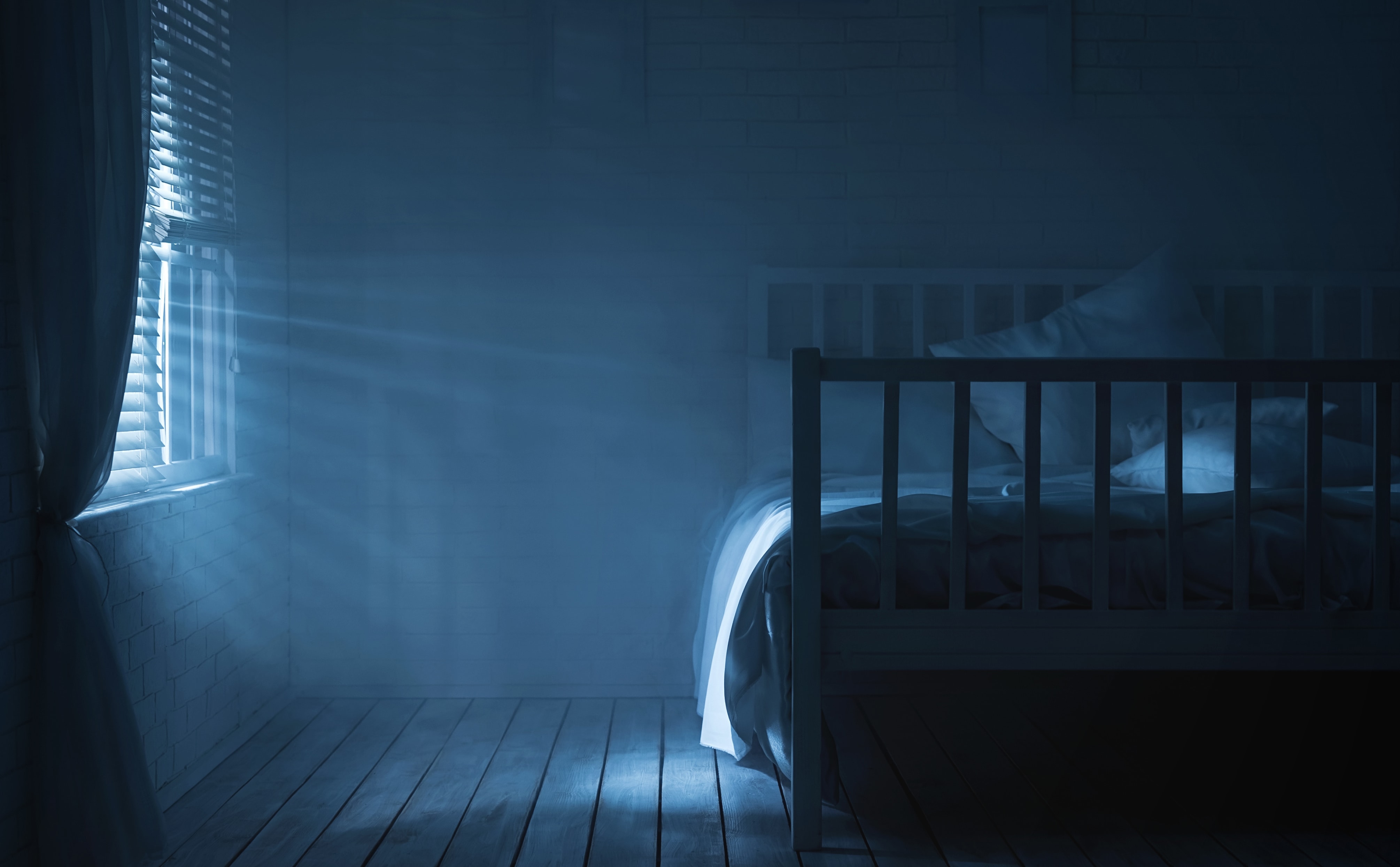
Unattended Death Cleanup: What’s the Cost?
September 27, 2019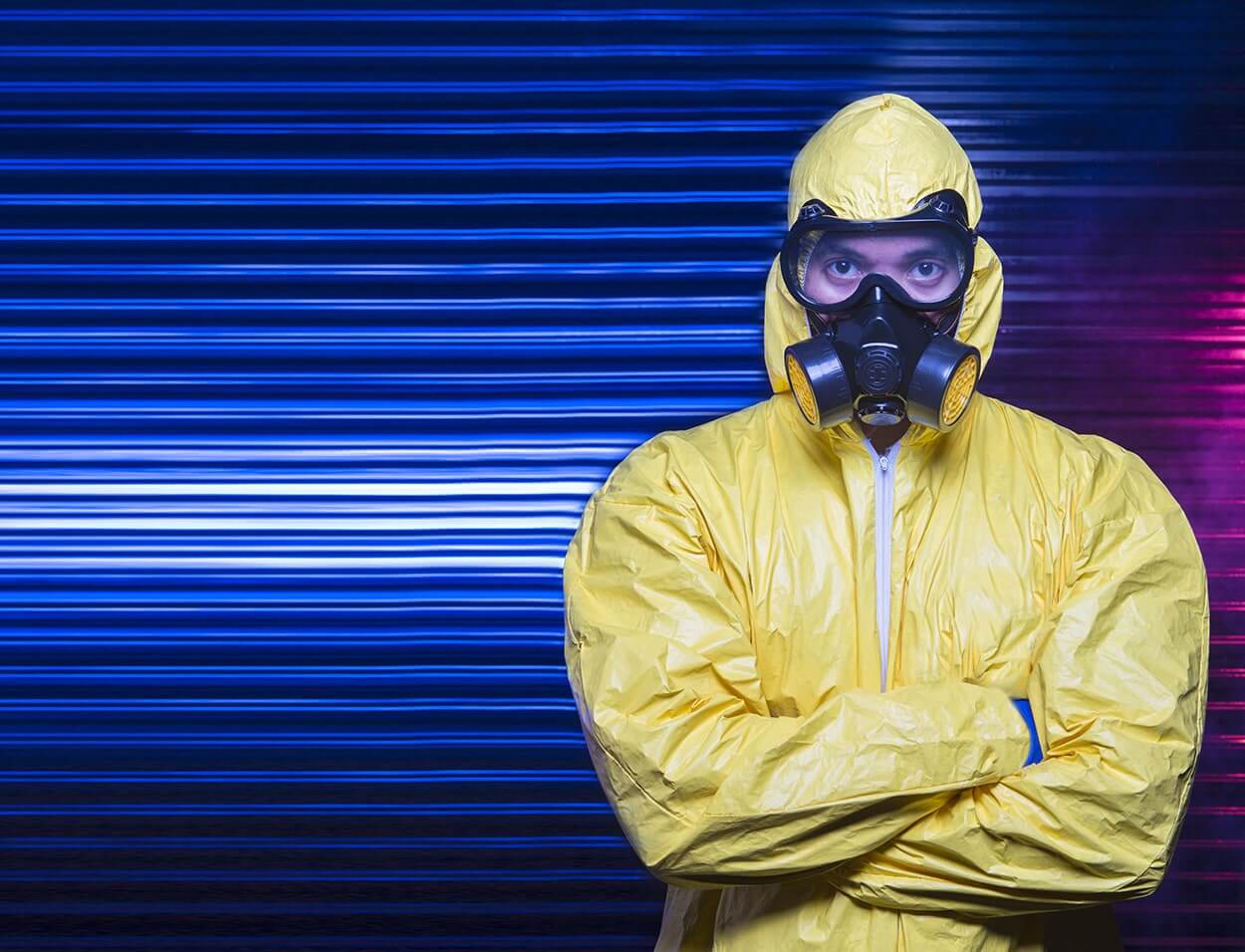
What Does a Dead Body Smell Like?
January 31, 2020Suicide Cleanup’s professional trauma cleaners respond to more firearm deaths than any other biohazard cleaning situation. Even in our home state of New York, which has strict gun control legislation, we’re called upon to clean up after gun-related suicides, homicides, and accidents.
Categorizing Gun Deaths and Trauma
You’ve seen gun violence statistics in the news and social media. They can be confusing, because different organizations and research groups categorize injuries and deaths caused by firearms based on varying criteria. In the recent past, the CDC included adults up the age of 24 as children in their mortality studies, and many individuals (and some organizations) believe “homicide” and “murder” are synonymous.
One thing everybody gets right, every time: When a person is shot, it’s traumatic for everyone involved, including those left behind after a shooting victim’s death. And statistics mean little to those responsible for cleaning up after a gunshot death or injury.
Firearms, Homicide, and Murder
“Homicide” is a general term applied to any death caused by another party, be it intentional or accidental. Gunshot homicides may be police-related shootings, self-defense shootings, gun-related murder, or even accidental deaths caused by negligent firearm storage. “Murder” is the intentional killing of another person, whether it was planned in advance or completed in the heat of the moment.
Self-Defense Shootings
Most states allow a legally-armed individual to used lethal force in self-defense, or to protect their loved ones. We’ve worked with those who have shot home intruders or dangerous assailants. No matter how much firearm training one has, nobody is psychologically prepared to shoot another person or deal with the traumatic aftermath… which may include the sight, sounds, and unpleasant odors of a dying or dead body.
Some of our clients have even had to physically fight their attacker before they reached their firearm, spreading blood throughout the home while sustaining serious injuries of their own.
Negligent Discharges and Unauthorized Access Shootings
 Always treat a gun as if it is loaded. That’s the first rule of gun safety. Yet even seasoned gun owners, including veterans and law enforcement personnel, can become lax in their handling discipline. Firearms don’t “go off” on their own, but many models require the trigger to be depressed to break a gun down for cleaning.
Always treat a gun as if it is loaded. That’s the first rule of gun safety. Yet even seasoned gun owners, including veterans and law enforcement personnel, can become lax in their handling discipline. Firearms don’t “go off” on their own, but many models require the trigger to be depressed to break a gun down for cleaning.
Poorly-trained (or untrained) people don’t know to keep their finger off the trigger of a loaded gun until the very moment they’re prepared to shoot. And, of course, there are instances when children or teens gain access to a gun—even bypassing trigger locks—and shoot themselves or someone else.
Most accidental shootings (and in the gun community, there are no “accidental shootings”, only negligent shootings) happen in the home. Concealed Carry published an informative and shocking study about injuries and deaths by accidental gunshots. It’s a good read for anyone, whether or not they own a firearm.
Suicide by Gunshot
While murder rates are falling, suicide rates are on the rise here in the United States. Self-inflicted gunshots remain—by far—the leading method. In fact, suicides account for 60% of gun violence deaths, according to the CDC’s latest data. Those who attempt suicide with a gun are far more likely to complete the act than those who use other methods.
Domestic Violence Shootings
According to the Children’s Hospital of Philadelphia Research Institute, “Domestic violence is more likely to turn deadly with a gun in the home. An abusive partner’s access to a firearm increases the risk of homicide eight-fold for women in physically abusive relationships.”
On the other hand, those who have sufficient training in defensive firearm use and in unarmed self-defense are better able to defend themselves once they’ve left the relationship—often the trigger for abusers to escalate their violence.
Factors Affecting Gunshot Death Cleaning Complexity
 If you call us to clean and sanitize your home or business after a firearm-related accident, our support staff will ask specific questions about the incident. We do this so that we can provide a more accurate quote, as some gun trauma scenes require more extensive cleanup of gunshot residue, body fluids, and tissue than do others. All of these situations involving the aftermath of a crime scene are emergencies, and must be handled as such.
If you call us to clean and sanitize your home or business after a firearm-related accident, our support staff will ask specific questions about the incident. We do this so that we can provide a more accurate quote, as some gun trauma scenes require more extensive cleanup of gunshot residue, body fluids, and tissue than do others. All of these situations involving the aftermath of a crime scene are emergencies, and must be handled as such.
We encourage you to ask a trusted person to help you with your answers, whether you’re interacting directly with us or with your property insurance company. You may have been assigned a law enforcement liaison or a victim services advocate. Either may assist with a general description of the trauma. If you’re feeling overwhelmed and do not wish to read about the explicit nature of cleaning gunshot death scenes, this is the point where you should stop and ask for support.
Based on our experience in gun violence cleanup, here are the reasons why no job is straightforward, especially when it involves gunshot trauma:
Common Firearm-Related Death Scenarios
The type of firearm, cartridge, and bullet involved in a firearm death or trauma affects the extent of blood spill and contamination at a crime scene. We don’t expect our clients to be knowledgeable about these facts, but if law enforcement or a medical examiner conducted an investigation, unofficial preliminary findings might help… especially if the client is out of the area and cannot personally make an assessment.
Shotgun deaths: Especially at close range, shotgun homicides and suicides disburse the most blood, bone, and soft tissue. Shotgun blasts to the head will deconstruct the cranium, often embedding human remains into walls, ceilings, and subfloors. Blood will mist and spread outside the immediate area. When there has been a direct shotgun blast to the head, it’s not uncommon to find blood, bone, skin, and hair in unexpected places. We’ve heard horrible stories of family members finding biological material under or behind furniture when crime scene professionals weren’t hired to conduct thorough cleanup of a shooting scene.
High-caliber rifle deaths: The bullet tends to pass through the human body unless it hits bone tissue. In these cases, the high-velocity impact often destroys the bone, pushing it outside the body. The bullet may travel through walls behind the victim, spreading biological matter into wall cavities or other areas often missed by inexperienced crime scene cleaners. Exit wounds on the body are very large, causing a great deal of blood spill and tissue spatter. In most cases, blood “mists” and travels far beyond the immediate death scene.
Handgun deaths: Full metal jacket ammunition (FMJ) is the most common round used in pistols and revolvers. Most handgun and rifle ammunition is FMJ. As with rifle deaths, FMJ bullets often pass through the body and structures behind it. Hollow points (JHP, HP) are most common among law enforcement and persons who regularly carry a firearm for protection. These bullets are designed to mushroom out, causing the most tissue damage without over-penetration. At close range, however, the destruction is devastating and may cause complete pass-through.
Other Considerations: When a person is shot with smaller caliber gun (.22, .32ACP, .380ACP) there will be significantly less physical trauma than with larger calibers. They will likely continue to struggle before succumbing to blood loss. If a person is shooting to neutralize an assailant or victim, they will likely shoot multiple times. Spilled or sprayed blood may also spread throughout the property through foot traffic. Gunpowder residue, tear gas, and the residue left after fingerprinting and body fluid detection are difficult to remove with household products.
Preventing Gun-Related Deaths and Injuries
We don’t take an official position on firearm legislation, but we’re strongly in favor of gun safety. In our role as crime scene cleaning professionals, we meet many good people who wish they’d been more careful when storing or handling their firearms, or who wish they’d pursued better gun safety training.
Others wish they had “gun-proofed” their children, even though they didn’t keep firearms at home. Parents have no control over whether their kids will encounter guns when they visit friends or relatives. There are gun safety programs developed specifically for children, though most are sponsored by organizations that many who are opposed to gun ownership find controversial. Ask if your police department’s neighborhood resource officer can advise you on your search.
How to Get Help… and Possibly Save Lives
Very few people suffering mental illness are violent, but if someone is exhibiting signs of depression, mania, or psychosis, don’t feel like you’re overstepping boundaries if you believe intervention is in order. If you or your loved one has simply expressed feeling suicidal, temporary or permanent removal of firearms from the home—whether you ask a responsible friend to keep them in their own gun safe, or put them on commission at a gun shop—can save lives.
Should you be contemplating suicide, we encourage you to contact the National Suicide Prevention Lifeline at 1-800-273-8255 or dial 988 and visit their website for resources. If you or a loved one needs resources and support for mental health issues, or you’re experiencing PTSD in the wake of gun violence, visit National Alliance on Mental Illness (NAMI). You can reach their hotline at 1-800-950-NAMI.
If you or somebody you know—no matter the age or gender—is the victim of domestic abuse, visit the secure National Domestic Abuse Hotline website or call 1-800-799-7233.
When You Need Help After a Firearm-Related Death
Are you faced with the task of cleaning up a firearm-related death? We’re here for you. With years of experience cleaning after death by gunshot, we’re equipped to step in. Please call our client support staff at 1-844-255-2462 or reach out to us through our contact page. We’ll work with your property insurance company, or help you with financial options.
For specialized services, including suicide-related cleaning and biohazard remediation, visit our homepage for comprehensive assistance. Our trained teams will respond as soon as possible to clean, sanitize, and remove all signs of the gunshot trauma so you can focus on your own recovery.

